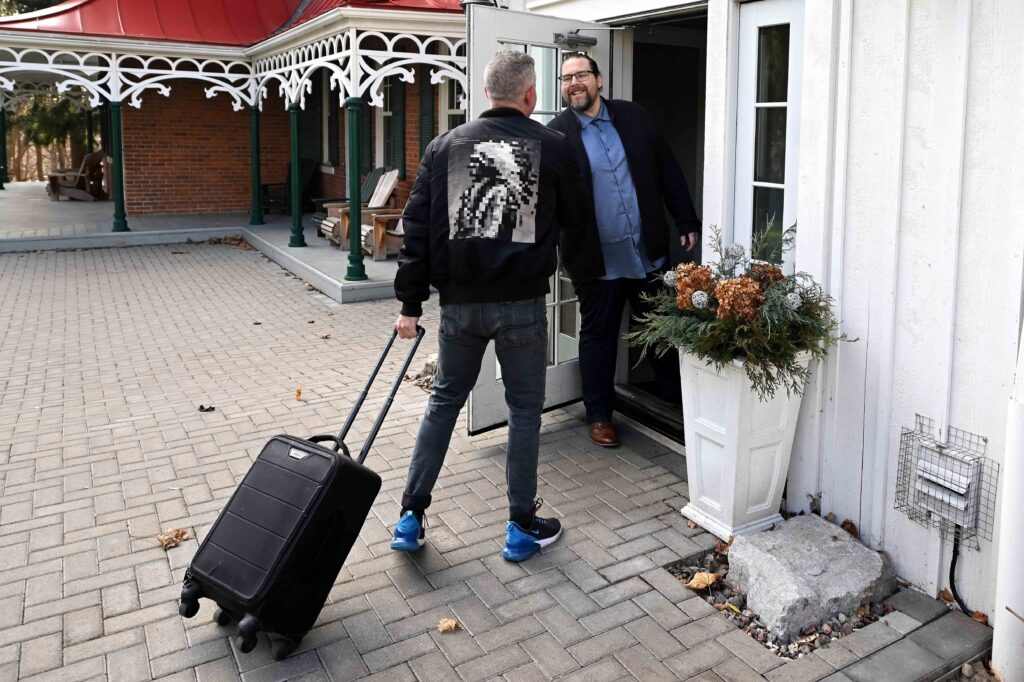Unless you’re not from Canada or have been living under a rock for the past few years, you probably know that Canada Day is coming up on July 1st. But wait…addiction is kind of like living under a rock! Many of us didn’t care much about holidays except in terms of how they helped (or hindered) our drinking and using.
Now that recovery is the new normal, your favourite alcohol and addiction treatment centre answers, how to have fun while clean and sober on Canada Day and how can we celebrate a summer holiday without the traditional drug and/or alcohol haze that made those long summer nights feel so special?
First of All, It’s Normal to Associate Holidays with Intoxication
Let’s just get this out of the way for any recovering alcoholic or addict who has or has not been through a drug and alcohol rehab program and feels guilty for reminiscing about the ‘good old days’ when substances have already wreaked havoc with their lives: it’s normal to associate holiday fun with getting a little buzzed. Intoxicating substances have been part of every human society for thousands of years, used for everything from religious ceremonies to celebrations to spiritual rites. In modern times, we use alcohol and even drugs in parties, nightlife, social events, rites of passage, sports, and many other group situations. That means that in the majority of life’s most important events, alcohol and drugs were probably present. It’s natural that we would associate these substances with good times, even after what addiction did to us.
To complicate matters further, the majority of people still seem to be enjoying these substances and making them a key part of their Canada Day plans. So how are you going to have fun in recovery, stay sober without getting drunk or high?
By the time one has acknowledged a problem with drugs and/or alcohol, it’s truly doubtful whether these substances were contributing to social enjoyment in a positive way anymore. Coming into recovery means learning how to live life on life’s terms, including how to celebrate special occasions in a way that has dignity, meaning, and joy.
Top Tips for a Sober and Fun Canada Day
In recovery, many who formerly struggled with substance abuse find that the substance was robbing them of the very joy and connection they sought with others. Never is this truer than on holidays like Canada Day. The whole point – to let loose and have a great time free from responsibilities like work and school – often got lost in the relentless quest to get and stay intoxicated. That doesn’t have to happen anymore!
Here are some tips for having a great time on Canada Day without drugs or alcohol:
- Make a plan. Will you enjoy a Canada Day parade or watch the fireworks at Ashbridge’s Bay or go out to see a movie on the big screen with friends? Singe karaoke or enjoy an exotic dinner on a patio? Having a plan will prevent that aimless ‘I’m going downtown’ thinking that could lead anywhere.
- Let people know. If this is your first sober Canada Day and you normally go on a booze cruise down the lake at the cottage, it’s time to get honest about how this might affect you and how your plans might need to change if you’re still shaky.
- Keep recovery close. Whether that means hitting a meeting on Canada Day (many are open, and even offer special features such as bonfire meetings), Googling sober activities happening that day, or calling someone who’s equally struggling and offering to chat, know that you are not alone. Your sober brothers and sisters are everywhere!
Drinking/drugging culture may show up more on fun holidays like Canada Day. But as a recovering addict or alcoholic, you can still have an amazing time enjoying life without compromising all you have worked for.
Share in the comments how you have had fun on Canada Day while staying on your road to recovery.
Happy Canada Day!

